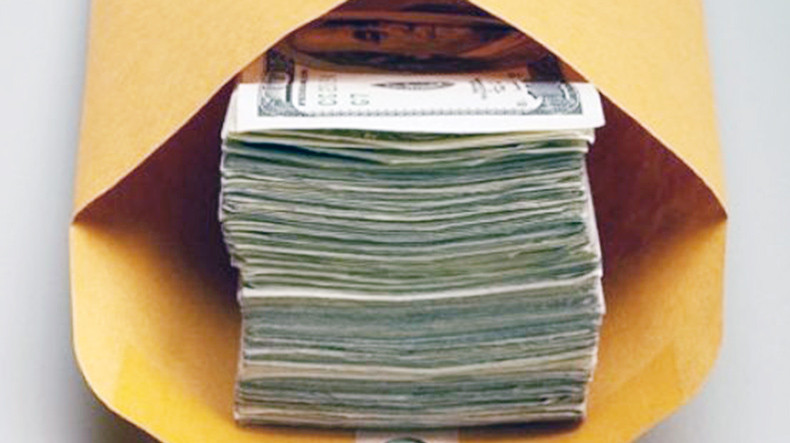
Transparency International calls for full investigation into “grand corruption” involving Azerbaijan
Human rights in Azerbaijan are routinely threatened and opposition to the government is crushed yet the elites flourish. Azerbaijan ranks 160 out of 180 on the Press Freedom Index and scores just 30 on the Corruption Perceptions Index indicating rampant corruption, Transparency International reported, reflecting on a series of investigations across Europe, published on 4 September and led by the Organised Crime and Corruption Reporting Project (OCCRP), that had uncovered a network of illicit financial payments that used reputable banks and secret companies to funnel payments from a US$ 2.9 billion slush fund to buy political influence and launder Azerbaijan’s international image.
It is noted that senior politicians, businesses and the Council of Europe, the organisation whose very mandate is to monitor human rights, democracy and the rule of law in its 47 member states, are involved in corruption.
“It is now apparent that some members of the Council of Europe were paid to vote down a highly critical report on Azerbaijan’s human rights record and election process. In addition, the investigations show how money was funnelled through secret companies in the UK and the Estonian branch of Denmark’s Danske Bank from an Azeri slush fund,” the international watchdog said.
Transparency International is asking people to sign and send https://coe.transparency.org/secondary a letter to political representatives from their countries at the Council of Europe calling for a full investigation into the allegations and for sanctions of any wrongdoing.
It is noted that on Sept. 7 the organization is set present evidence to the special corruption investigative group at Parliamentary Assembly of the Council of Europe (PACE) and ask for a full transparency investigation. In the US, Transparency International will provide a dossier relating to the investigation with the US authorities since the International Bank of Azerbaijan is based in the United States.
It also calls on the authorities in the Czech Republic, Denmark and Germany to investigate the role of shell companies with secret ownership, push for public registers of beneficial ownership in countries that don’t already have them, call on the authorities to tighten and implement anti-money laundering procedures, particularly in Denmark, call for full investigations into those receiving “dirty money” at the international, regional and national levels to determine whether there was corruption and conflicts of interest.
Newsfeed
Videos






























